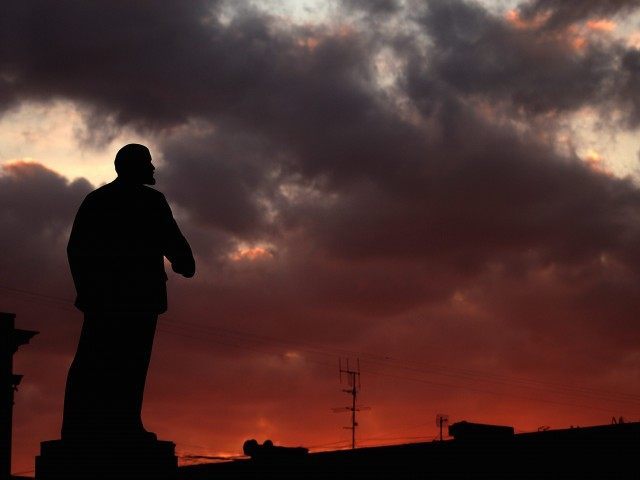To every country in Europe, except Russia, August is the month when everyone goes on vacation. But Russians refer to the “Black August Syndrome” as a time for political coups, erratic events, economic crashes, and military catastrophes.
The “Black August Syndrome” started in 1991, when Communist hardliners tried to launch a coup against Soviet leader Mikhail Gorbachev. During just a few days of chaos, the Ukrainian parliament adopted an independence from the Soviet Union resolution that was quickly followed by almost a dozen other Soviet regions. Since then:
- August 1998: The “Ruble Crisis” broke out, forcing Russia to default on its foreign and domestic debt
- August 1999: Chechen rebels invaded neighboring Dagestan, kicking off the “Second Chechen War”:
- August 1999: Russian President Boris Yeltsin appointed Vladimir Putin as prime minister, handing the country back to the former KGB:
- August 2000: terrorist bombing of Moscow;
- August 2000: Russian nuclear attack submarine Kursk sank with all hands;
- August 2008: Russo-Georgian War started and ended;
- August 2015: Moscow and Kiev have escalated along Eastern Ukraine, with 148 cease-fire violations;
- August 2015: Putin and Medvedev visit Crimea as heavy weapons move forward.
The Voice of Russia state-run media claimed that Putin and Medvedev are in Crimea to promote tourism. But they never travel together, and the trip is taking place as the “little Green Men” swarm around the strategic Ukrainian port of Mariupol on the Sea of Azov.
The Nazis began what Hitler called his “final” advance on Moscow on August 26, 1941 and soon captured the port of Mariupol, cutting off all water-borne re-supply along the Black Sea and the Sea of Azov. Otto Dietrich, Hitler’s press chief, announced to foreign journalists the very next day that the “Soviet Russia has been vanquished!”
Russian State Duma Speaker Sergei Naryshkin told Russia’s popular Novaya Gazeta, in an interview titled “August’s Provocation: The Political Outlook for the Most Alarming Month,” that the United States is preparing to act against Russia, and that Russia is forewarned and therefore forearmed.
According to Stratfor: “Moscow is sensitive–if not paranoid–after failing to anticipate the uprising in Ukraine that led to the toppling of the pro-Russia government and ushered in a pro-West government last year. The Kremlin is unsure if it can predict or adequately react to Washington’s next steps. There are many ways the United States could aggravate Moscow, such as arming Ukraine or imposing more stringent sanctions on Russia. Or by doing something unexpected.”
Russia is already maxed out with what Stratfor calls “its economic recession, growing domestic discontent over food price inflation, political infighting in the Kremlin and protracted sanctions from the West.” Any significant maneuvers by the United States would be expected to quickly cripple any other country in Russia’s predicament.
But Russia is not like any other country. Its official military stockpile of nuclear weapons is approximately 4,500 warheads, including 1,800 strategic warheads deployed on missiles and at bomber bases, whil another 700 strategic warheads are in storage, along with roughly 2,700 non-strategic warheads. Russia also has about 3,500 retired, but still largely intact, warheads supposedly awaiting dismantlement.
Russia getting paranoid in August is always a very dangerous development.

COMMENTS
Please let us know if you're having issues with commenting.